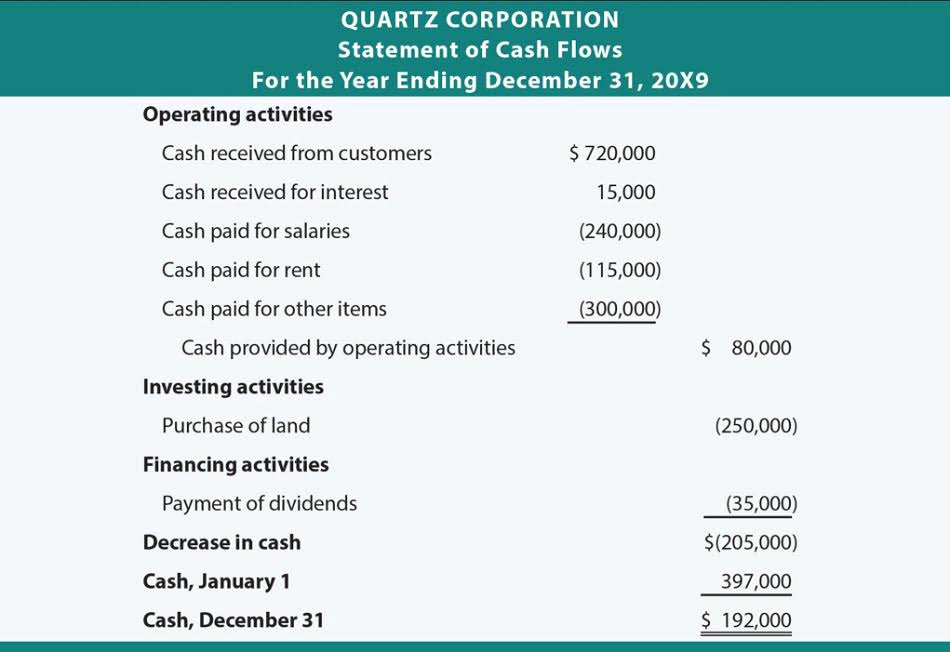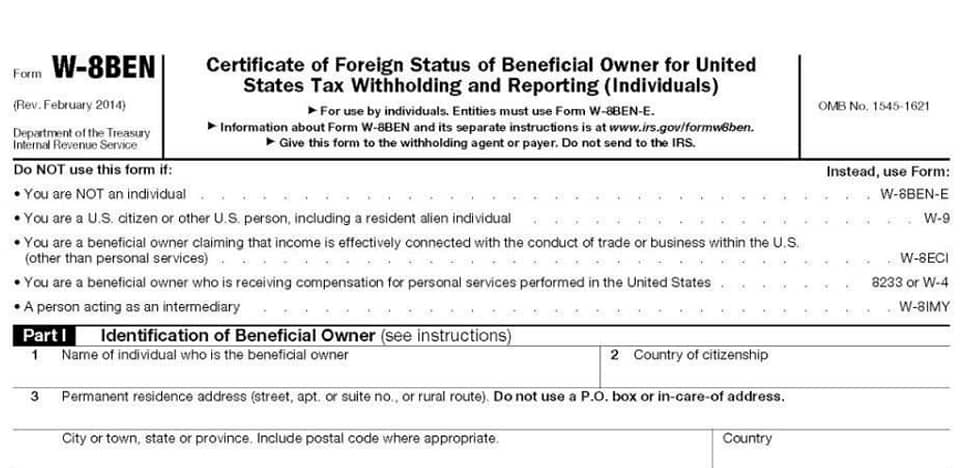Introduction to the Recording Process Financial Accounting

This system requires that every transaction be recorded in two accounts – a debit account and a credit account. In most cases, accountants use generally accepted accounting principles (GAAP) when preparing financial statements in the U.S. GAAP is a set of standards and principles designed to improve the comparability and consistency of financial reporting across industries. If you look at old-school tips about how to record accounting transactions, you’ll see a lot of talk about journals and ledgers. Back in the day, bookkeepers recorded business transactions in a journal and then again in a ledger with more details.
- After you complete your financial statements, you can close the books.
- With accrual accounting, every transaction results in a balanced accounting equation.
- If you don’t track your transactions accurately, you won’t be able to create a clear accounting picture.
- If you look at old-school tips about how to record accounting transactions, you’ll see a lot of talk about journals and ledgers.
- Large accounting solutions include Oracle, NetSuite, or Sage products.
- Recording transactions is not the aspect most think about as the hardest of accounting.
- Receipt transactions are recorded in the cash account or accounts receivable.
Accounting cycle FAQ
- You should consult your own professional advisors for advice directly relating to your business or before taking action in relation to any of the content provided.
- Receipt transactions involve the receipt of a payment from a customer or client.
- Particularly in real estate, there are specific rules, like the 80% rule, where a certain percentage of inputs must be procured from registered dealers.
- These exercises typically involve analyzing a scenario and determining the appropriate accounting treatment for the transaction.
- Accounting principles are the guidelines and rules that govern the preparation of financial statements.
Accounting software is likely to include a feature for reconciling the bank statement. Again, a company should have internal controls to ensure that only legitimate payments are processed. Members of financial accounting accounting recording transactions can carry several different professional designations.
- Accounting is the process of recording financial transactions pertaining to a business.
- Debit transactions involve the reduction of a liability or asset account.
- These transactions involve the exchange of money or other assets between different entities such as customers, suppliers, and the company itself.
- But recording capital assets, depreciation and loans are a little more tricky.
- Rules and laws are generally in place to force accounting entities and accounting firms to retain accounting records for a specified period of time.
Potential Penalties for Incorrect or Missing Self-Invoices under RCM:
Another example of the accrual method of accounting is expenses that have not yet been paid. Imagine a company received an invoice for $5,000 for July utility usage. An income statement, also known as a “profit and loss statement,” reports a company’s operating activity during a specific period of time. Auditing is the process of examining a company’s financial statements to ensure that they are accurate and comply with GAAP. Audits are typically conducted by Certified Public Accountants (CPAs) who are independent of the company being audited. Audits provide assurance to investors and other stakeholders that the financial statements are reliable and free from material misstatements.

Try accounting software to lighten the load
This amount is then paid to the government, recorded as an RCM liability, and later claimed as ITC. RCM applies to imported services as well, with the recipient paying GST in India for services from overseas. This includes digital services, consultancy, and other cross-border services, ensuring tax compliance in an international context. This change is especially pertinent for cross-border services and services provided by smaller, unregistered entities, ensuring that tax liabilities are recognized promptly. In today’s world, software like the solution offered by Wafeq will automatically update the applicable accounts and give additional information with the least amount of data entry required.
Principles of Financial Accounting
- Learn how to record business transactions so you stay on top of your accounting, finances, taxes and performance.
- In specific cases, GST registration thresholds of ₹20 lakh or ₹40 lakh do not apply, especially for businesses that frequently engage in RCM transactions.
- For example, during the Roman Empire, the government had detailed records of its finances.
- So, you only record each transaction once (i.e., when the transaction actually occurs) to the specific account the transaction impacts (e.g., the cash account).
- Whether your accounting period is monthly, quarterly, or annually, timing is crucial to implementing the accounting cycle properly.
- For example, imagine a company receiving a $1,000 payment for a consulting job to be completed next month.
The principles are the basis of all financial accounting technical guidance. Financial accounting is dictated by five general, overarching principles that guide companies in how to prepare their financial statements. Changes to this method can happen later but require specific actions. Even though it won’t actually perform the work until the next month, the cash method calls for revenue to be recognized when cash is received. When the company does the work in the following month, no journal entry is recorded, because the transaction will have been recorded in full the prior month. The transaction is recorded as a debit to cash and a credit to unearned revenue, a liability account.

Accrual Accounting vs. Cash Accounting

Cash payment transactions involve the payment of cash for goods or services. These transactions can include the payment of bills or the purchase of inventory. Once the transactions are recorded, they can be used to generate financial reports, such as balance sheets and income statements. Instead of recording a transaction when it occurs, the cash method stipulates a transaction should be recorded only when cash has been exchanged.

You also need the underlying documents, such as bank statements, receipts, and invoices. Again, accounting software streamlines this because it automatically copies the numbers from your bank account, which reduces the risk of transcription errors. It then prompts you to reconcile transactions – showing matches between bank transactions and accounting entries so you can confirm everything’s present and correct. Delayed RCM payments can lead to interest income statement and penalties since RCM tax liabilities are subject to the same strict deadlines as regular GST payments.


Leave a Reply